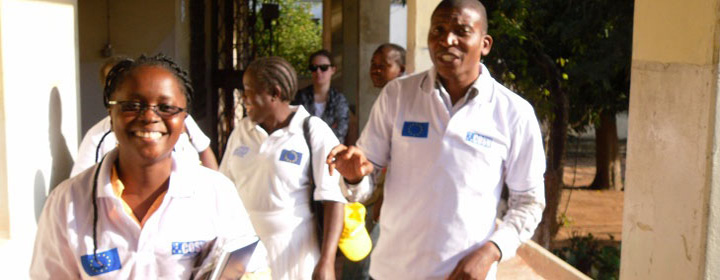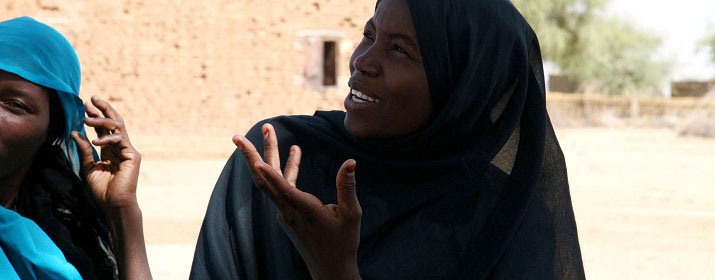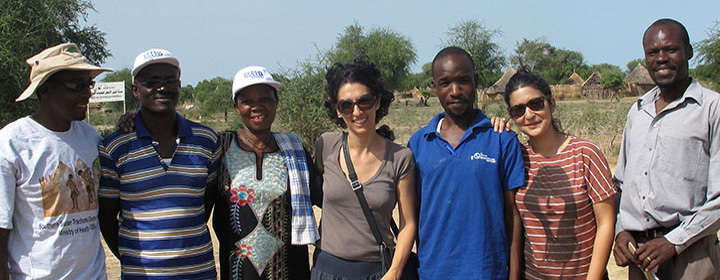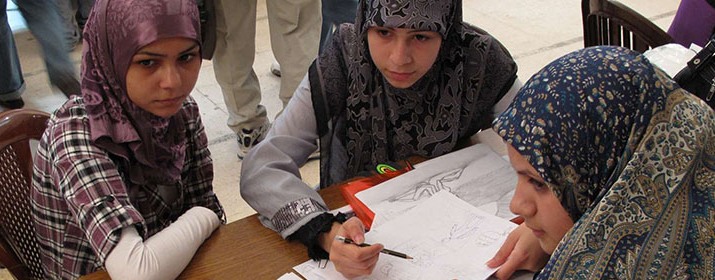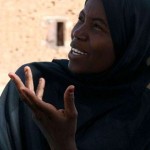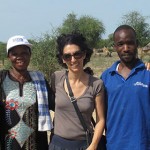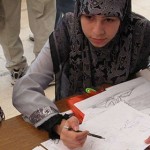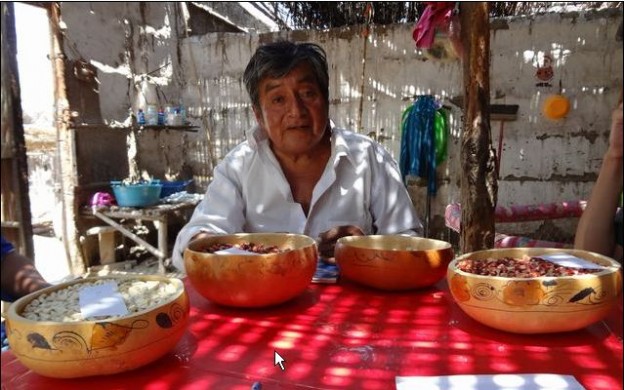Crop diversification and sustainable use of resources are key factors to survive to climate change. That’s why they are at the core of a new Cosv project, co-funded by Regione Lombardia and Fondazione Cariplo, which began last December in the region of Piura in Peru, a rural area characterized by a subsistence economy and a strong land fragmentation.
In Piura, due to agriculture instability and poor infrastructure and services, small farmers live in precarious conditions. On the one hand, they are at the mercy of climatic conditions that can determine bad harvests, and on the other hand they have to deal with traders who buy their product and sell it to large retailers determining prices. In addition, over the past 30 years, crops varieties and self-produced seeds, that allowed the existence of families, have been lost and monocultures from hybrid seeds, purchased by big corporations, have prevailed. Risks connected to the disappearance of native species are serious, in fact, in case of natural disasters or disease outbreaks, food security is put to the test as different genes capable of withstanding these calamities are no longer available.
The project in Piura has two main focuses: it aims at acting on the institutional level to ensure the fulfillment of standards to foster farmers’ product direct commercialization and to enhance farmers’ associations; on the other hand it supports trainings of farmers on techniques for a sustainable and environmentally friendly agriculture.
The 200 beneficiaries will be trained on sustainable farming methods such as the use of natural fertilizers and pesticides, the rotation of crops, the association of compatible crops, and on the rational use of scarce water resources. One hundred of them will then be involved in an initiative for the collection, preservation and reproduction of natural and native seeds in seedbeds to protect the rich agro-biodiversity of the area.
Institutions and local producers have been very sensitive to these issues and the project is part of the same strategic line of the regional association of farmers (ARPPEP) aiming to provide the resources to implement the necessary actions. In this context, the training intervention does not aim to disrupt agricultural traditions, on the contrary it aims at supporting agricultural traditional knowledge with a scientific vision, to systematize the work of small farmers for the conservation of biodiversity and food security.
A survey is currently underway to comprehensively map the region in its climatic, water and agricultural technique varieties and to plan training activities and ad hoc pilot initiatives. Farmers’ feedback is very positive: there is a greater awareness on the fact that crop diversification and improvement of irrigation are crucial to meet the challenges of climate change.

